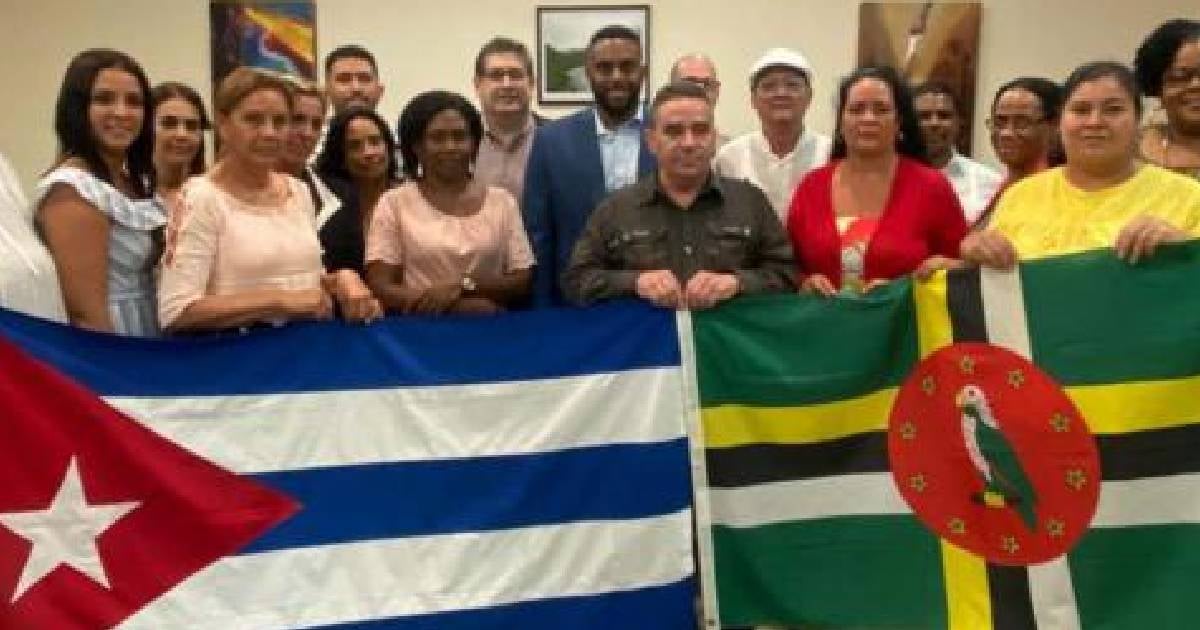
Amid continuous criticism for the export of healthcare personnel to other countries, the Cuban regime sent another group of doctors to the Caribbean island of Dominica.
Without specifying the amount, the official agency Prensa Latina celebrated that this new group will join the brigade that is already working in Dominica.
The collaborators were received by the Minister of Health of Dominica, Cassanni Laville, and the group consists of specialists in intensive care, general medicine, neonatology, obstetrics, radiography, laboratory, electromedicine, and nursing.
According to Prensa Latina, Laville recalled over 20 years of cooperation from Cuba in the health sector, recognized the solidarity of the professionals, and their commitment to helping other nations.
For his part, the ambassador of Cuba in that country, Miguel Fraga, mentioned that the sending of doctors to Dominica began in the 1990s and since then around 130 young people have graduated from Cuban universities.
In 2020, a group of Cuban doctors was sent to Dominica as part of the Henry Reeve international contingent to support the fight against COVID-19.
These healthcare professionals have been crucial in times of crisis, but some locals point out that the language barrier has complicated medical care, just as in other English-speaking Caribbean islands.
It was recently reported that Cuban doctors in Saint Vincent and the Grenadines are receiving harsh comments on social media for not speaking English, which affects effective communication between health professionals and their patients and creates a serious problem in the country's health system.
The language barrier between residents and foreign doctors, mostly Cubans, has generated a wave of complaints from patients and local health professionals, who claim that the lack of understanding puts the security and well-being of patients at risk.
The Cuban government, which retains a significant portion of the salaries of these professionals, has been criticized for not ensuring safety or fair working conditions for doctors.
Despite this, the island's authorities continue to sign contracts without paying attention to key details such as the mastery of the language of the country where the doctors will be working.
For example, last July the government of Mexico announced that it would increase the number of doctors hired to work in the country to 3,800, knowing the criticisms that the agreement signed with Cuba has brought among opponents of the government of Andrés Manuel López Obrador (AMLO).
What do you think?
COMMENTFiled under: